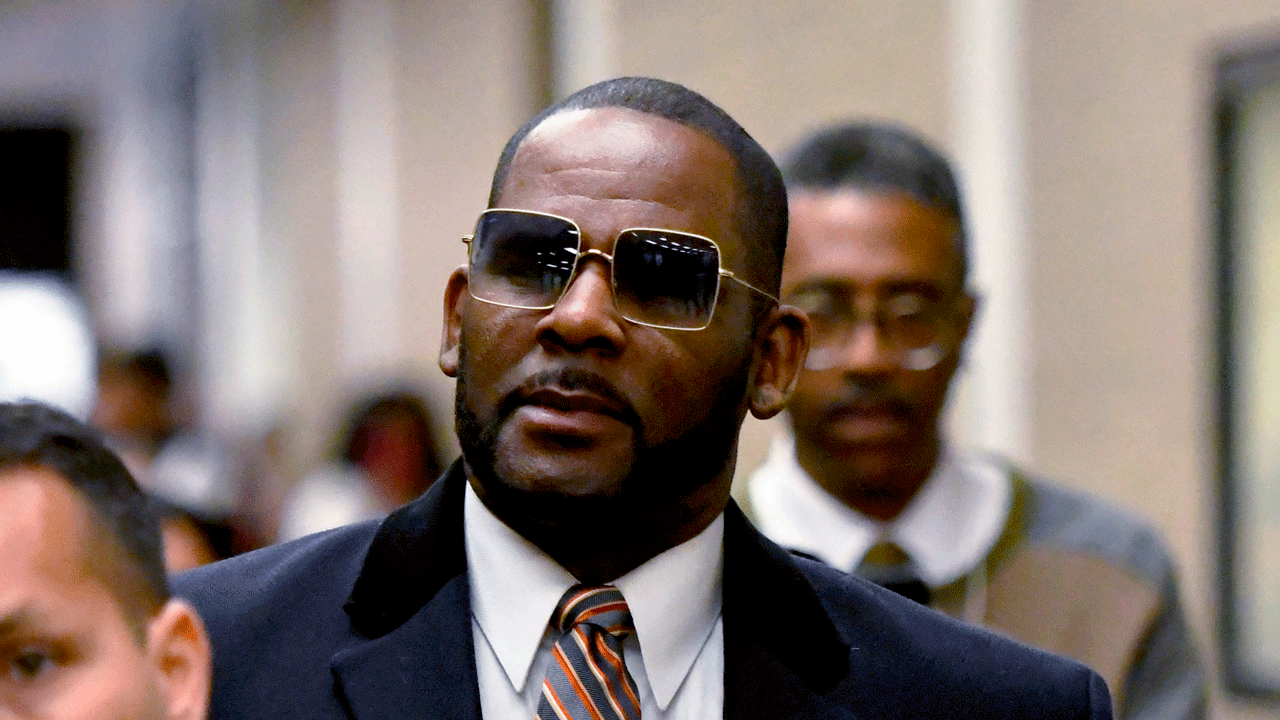Yeah, right at the beginning, I began to believe two things. First of all, there was a kind of category mistake about “The Satanic Verses,” which was being treated as a work of polemical fact, whereas actually it’s a work of imagination and fiction. If I could just explain that this is not fact, this is fiction, people would say, “Oh, yeah, we get it now.” And that was kind of foolish. And then I thought if I can just explain in interviews and essays and so on who I am and what I thought I was doing and why I believe it to be completely legitimate, the people would again go, “Oh, gosh, we made a terrible mistake.”
About a year or a year and a half into the story, when I was very, very depressed and didn’t see how it would ever end, I thought maybe what I have to do is to reach out to the Muslim community and try and apologize. And I did, and it rebounded very hard in my face.
And actually, my sister, whom I love and is closer to me than anybody else in the world, called me when she heard me making these apologias. She said, “What the hell are you doing? Have you lost your mind?” And I thought, you know, “Yes, I have. I’m behaving in a deranged way.” And that felt to me like hitting rock bottom.
I hate that this is true about culture right now. I don’t know that I’ve ever seen it be the case that apologizing — whether the person did something or did not do something — helps. Because what apologizing seems to me to do now is it gives people the license to believe that it was all justified in the first place.
That’s why there’s a crazed power to people like Donald Trump, who exist in a world without, I think, personal shame. Because they don’t apologize, they’re able to keep the instability of the different realities coherent: I never lost the election. I never did anything wrong. I never did any of it.






